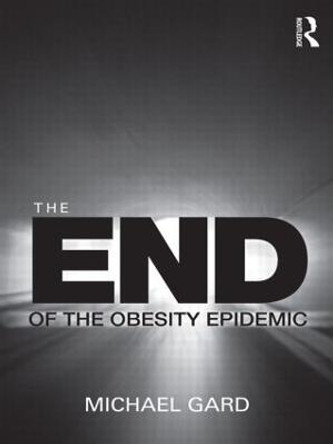Description
After highlighting the importance of a human rights-based approach to obesity prevention, this book discusses the relevance of international economic law to the promotion of healthier food environments. It then examines the potential of international human rights law for more effective regulation of the food industry, arguing for better coordination between UN actors and more systematic reliance on human rights tools, including: the best interests of the child principle, human rights due diligence processes, and the imposition of extraterritorial obligations. The concluding chapter reflects on recurring themes and the added value of a WHO Framework Convention on Obesity Prevention.
This book will be of interest to public health scholars, particularly those working on obesity and non-communicable diseases, and those with a broader interest in children's rights, human rights, international trade, investment, consumer or food law and policy. It will also be relevant to policy actors working to improve nutrition and public health globally.
About the Author
Edited by Amandine Garde, Professor of Law, University of Liverpool, UK, Joshua Curtis, Adelaide Law School, The University of Adelaide, Australia and Olivier De Schutter, Professor of Law, Centre for Philosophy of the Law, Catholic University of Louvain, Belgium
Reviews
'Childhood obesity is a hugely serious human rights problem. The contributions to this volume engage in a thoughtful and thought-provoking way with the topic. In doing so, they focus on the potential - and limitations - of law as part of a multisectoral, multi-level human rights-based response to childhood obesity as a human, health social, economic, ecological, development and legal challenge. The contributions address key sub-disciplines of law, particularly international economic law to international human rights law, in order to demonstrate their respective relevance with regard to efforts to address childhood obesity.' -- Aoife Nolan, University of Nottingham, UK
'To my fellow economists, this book will provide a stimulating approach to childhood obesity policies. The key underlying idea - a brilliant one - is to reconsider these policies in the light of the legal corpus governing children's protection and their right to health. The book then mixes conceptual analyses and case studies to propose a precise and pragmatic vision of the legal issues raised by the regulation of food markets, in particular the compatibility of national policies with international trade rules. A must-read for anyone interested in why and how the latest economic analyses play a crucial role in contemporary debates on the legitimacy and legal feasibility of public health policies!' -- Fabrice Etile, Paris School of Economics and INRAE, France
'This book is a unique and new contribution to the now extensive policy-related work on ending childhood obesity. The authors take a human rights approach to this very pressing and important problem arguing persuasively that the law can and should be mobilised against it. The major targets for such intervention are food and other multinational corporations, whose practices come under close scrutiny. This volume is an essential read and resource for policy makers involved in health matters and for all who are involved in childhood obesity intervention.' -- Stanley Ulijaszek, University of Oxford, UK
'Ending Childhood Obesity is an authoritative source that advances the case for a greater role of law in tackling the root causes of obesity as a public health emergency within the current global food environment. It is a must read for all those who are engaged - be they public health professionals, policymakers or health advocates - in combating NCDs both locally and globally.' -- Alberto Alemanno, HEC Paris, France
Book Information
ISBN 9781788114011
Author Amandine Garde
Format Hardback
Page Count 400
Imprint Edward Elgar Publishing Ltd
Publisher Edward Elgar Publishing Ltd



